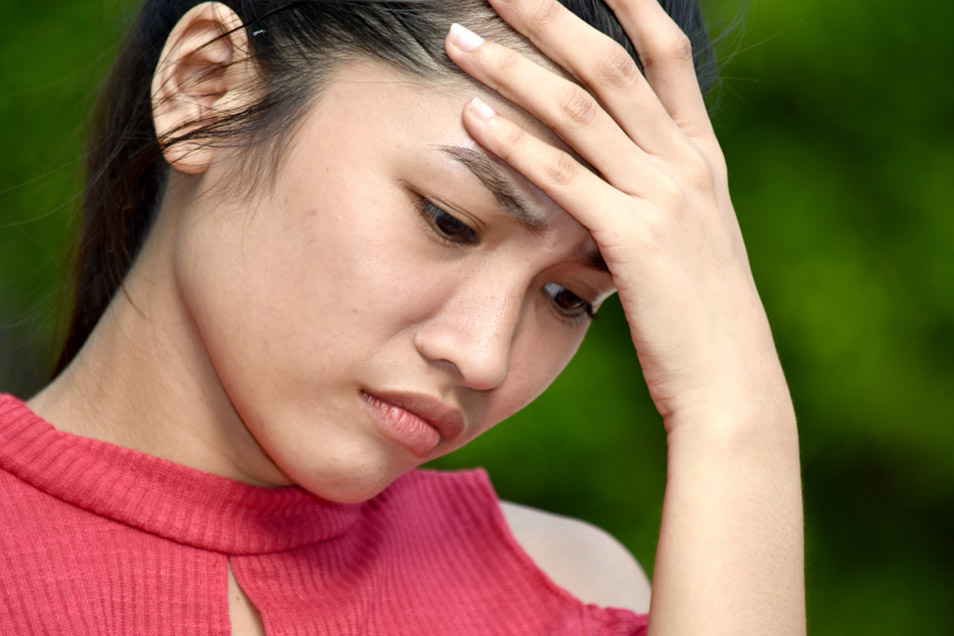Have you experienced sadness for a long period of time?
Do you have suicidal thoughts or attempted suicidal actions?
Depression occurs when a person experiences feelings of sadness and despair that impair their level of functioning on a daily basis and persist for more than two weeks. Depression is marked by multiple symptoms and can be expressed differently depending on the individual. Therapy helps people to recognize and access their strength, autonomy, and capacity for change. Group therapy can also be a useful form of therapy for depression. The group dynamic provides people with a supportive social network, which can help alleviate common symptoms of loneliness and isolation.
The loneliness and isolation we’ve all experienced throughout the COVID-19 pandemic have indeed taken a toll on our well-being. In fact, 42% of people reported symptoms of depression in December 2020, according to the US Census Bureau.
Despite this staggering number, many people hesitate to reach out for help. This article aims to help you better understand depression, and how therapy for depression can work for you.
Understanding Depression
Humans are social creatures. And just like our natural need to eat food and drink water, it’s in our biology to feel connected and a sense of belonging. When we have it, it makes us feel safe and secure. And when we don’t, it causes increased emotional distress and triggers symptoms of depression.
Since depression is a complex disorder, it can be challenging to define and diagnose with just one set of criteria. Because of this, other categories define the different types of depression. According to the National Institute of Mental Health, there are two types of depression that are most common: clinical depression (or major depressive disorder) and persistent depressive disorder.
Diagnosing depression requires an evaluation process with a doctor or mental health professional. To be diagnosed with depression, your symptoms need to be present for two weeks or longer.
The good news is, depression is very treatable. You may benefit from prescribed medication, psychotherapy, or a combination of both. The key is finding the right kind of help to meet your needs.
Treatment For Depression
Depression is often treated with antidepressants, psychotherapy, or a combination of the two. Sometimes, even with the proper medication, it can take some time to notice an improvement in the way you feel.
On the other hand, therapy has been proven to be helpful in both short-term and long-term cases. Psychotherapy can effectively treat depressive symptoms because it helps you understand potential underlying causes and learn new coping skills you can use every day.
Individual and Group Therapy
Typically, when you think of therapy, you probably think of individual sessions with a therapist. However, group therapy is known as one of the most effective strategies for overcoming depression. In individual therapy, you build a healthy, secure relationship with one person. For some, this option may seem more appealing as you can share sensitive information with just one person rather than a group of people.
On the other hand, group therapy can provide you with a supportive social network, which can help alleviate common symptoms of loneliness and isolation. Listening to peers that share similar struggles can be validating and help in self-esteem building. Often, group members are at different stages of treatment so that you may benefit from their perspectives.
If You’re Suffering from Depression, You’re Not Alone.
We, as people, are resilient. While it may be challenging to seek treatment if you feel depressed, there’s no need to tackle it all at once. Any type of treatment for depression is individualized, according to your unique needs and preferences. Reach out to a mental health professional to get the care you deserve.
References
https://www.verywellmind.com/top-depression-symptoms-1066910
https://www.census.gov/library/stories/2021/01/young-adults-living-alone-report-anxiety-depression-during-pandemic.html
https://www.nimh.nih.gov/health/statistics/persistent-depressive-disorder-dysthymic-disorder.shtml
Keywords: COVID, isolation, therapy for depression, group therapy


